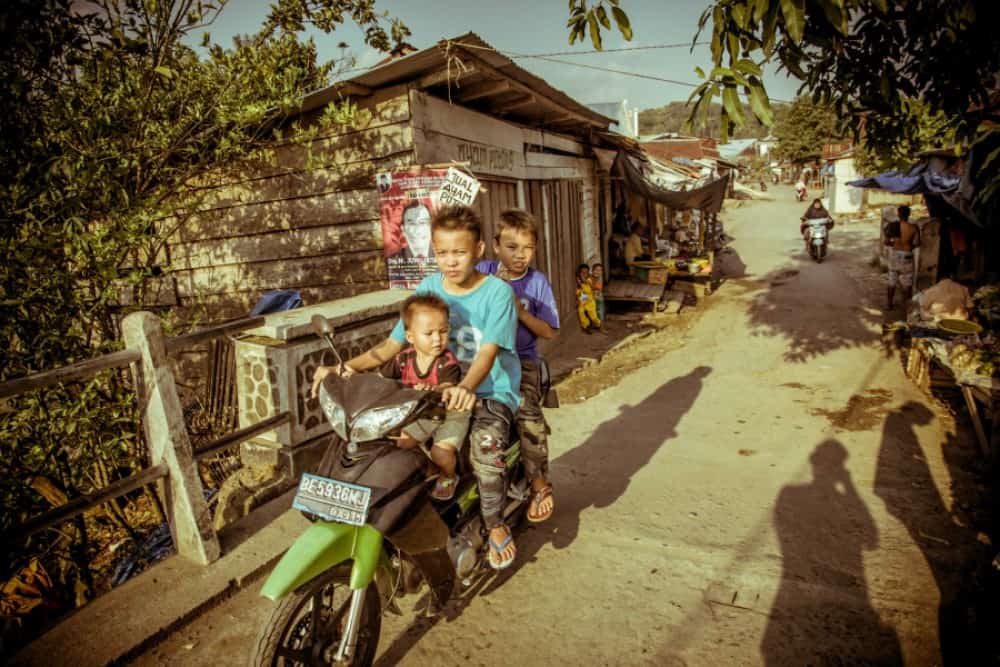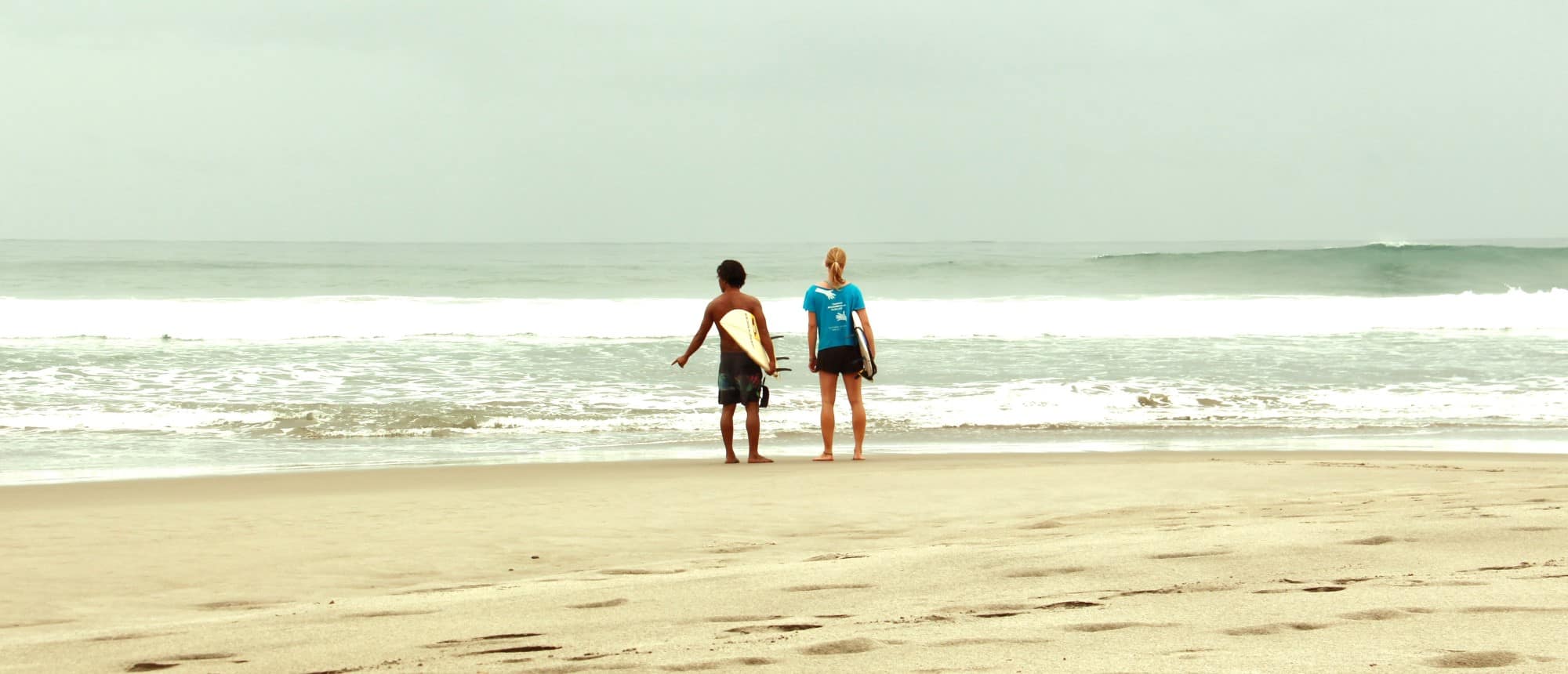Many of the surf spots we are travelling to are located in places which are totally unknown to us. Especially when doing a short trip, there is a high risk of just dealing with main travel aspects like surf conditions, accommodation and how to get there, however, we forget to think about the context of the region and/or country. Maybe we quickly read the “survival part” in our travel guide or some recommendations on a travel blog. Well, but then it happens easily that we feel uncomfortable in the new surroundings, we do not understand the behaviour of the locals or it annoys us; and the other way round: the locals are irritated by the tourists who are doing everything their way, asking for special requests and behaving inappropriately.
To avoid that, we have here some tips for you! It would be nice if you could consider them whenever you prepare for your next (surf-) trip, especially if the context of your travel destination is very unknown to you.
- Inform yourself about the history of the place (country/region), about the political situation, the religion and the traditions and manners of the locals – the more time and interest you have, the more fascinating some of the details can be!
- Read a book/novel from an author of the region/country. If the plot also takes place in the region you can take the most out of it.
- If you talk to people who were already at your destination and they tell you about their experiences: don´t forget that individual cases do not represent everything/everyone – prejudices and stereotypes are often unconsciously generated by our minds
- Learn some basics of the local language and don´t be shy to use them on your trip

(c) Armin Zechmeister
However, even if we stick to those recommendations and prepare for the context of the region, as soon as we are on the ground, we are occupied with activities or overloaded with impressions. So we easily forget about our intentions, we simply cannot behave differently than we are used to and/or misunderstandings make the situations more difficult – right?
Some more tips for you to use on the ground:
- As we are visitors, we should also respect our hosts and adapt to their realities – this also means, that sometimes we have to accept less freedom or comfort (e.g. wearing long clothes or a headscarf even if all the other tourists don´t!) and sometimes our patience will be required (for central Europeans: can you stand in a long queue without complaining?)
- Get to know the locals for real – show them that you are interested in them, in their country, their situation. Empathy is obviously crucial. Asking questions, without being intrusive, listening to them, but not being silent only, building up trust by telling them something about you without conducting a long monologue – sounds all trivial, but it´s not. And if you are taking pictures – have you asked them if that is okay for them?
- If you get to the point, where you are annoyed by someone or a situation which is foreign/strange to you: Give it a second chance – or sometimes even a third or fourth! Try to find the positive aspects of this different behaviour and ask yourself what you can learn from that and what the advantages of those behaviours could be. Acceptance and composure/calmness make your life definitely easier (and the one of the others as well 😉 ).
- And the most important aspect: question your own context and attitude/way of thinking. Why am I thinking like that? If I would be in their place, if I would have been born here, in this society, how would I think and act? How was I raised and what did that to me?
Ethnocentrism is a phenomenon which is spread throughout all societies – it describes, that we always think our behaviour, way of thinking and knowledge is the only correct or the best one. Be aware of that and catch yourself whenever you question the purpose of something or when you react presumptuous when hearing an opinion which is not logic to you.

(c) Verena Vogl
And why does that go hand in hand with sustainability?
Even if we wouldn´t care about ethical aspects or a world where all kinds of societies with different cultural backgrounds can live in peace together, even then, we might still want to travel to some surf spots where people live with different traditions, behaviours and ways of thinking. Surf tourism can only be sustainable when social aspects like the cultural context are considered. And also future generations will be thankful if they don´t have to grow up in a society which is driven by conflicts, prejudices or xenophobia.
Are you interested in intercultural competence? Which kind of experience and recommendations do you have? We are looking forward to reading your comments below!
And if you want to know more or get some recommendations for books – just tell us, we would be happy to give you more information about this important topic.
